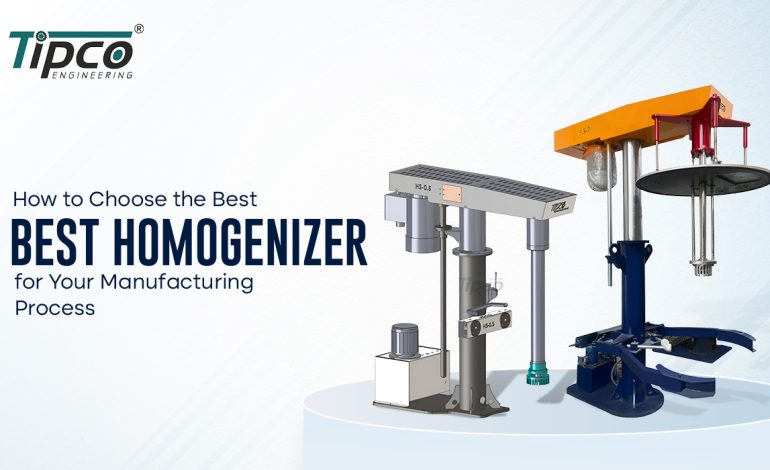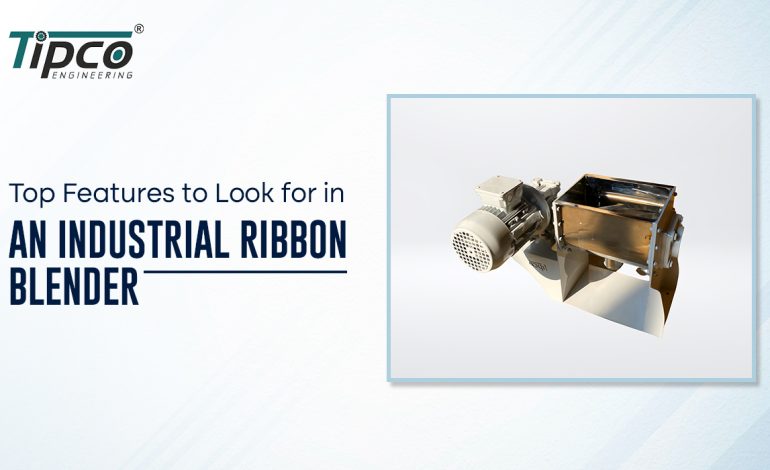
How to Choose the Best Homogenizer for Your Manufacturing Process
In modern production, mixing and emulsifying are essential for making sure that the quality of the final product is always the same. When these things happen, homogenizer from Tipco Engineering are very important, especially in chemical, food and beverage, pharmaceutical, and cosmetics businesses. These machines are made to break up particles and spread them out evenly so that the end product is stable, has the right texture, and works well.
It’s not possible to pick the perfect homogeniser for every situation. It takes a careful look at your production needs, the features of your products, and the efficiency of your business operations. If they don’t fit, it can waste energy, produce bad results, and cause costly maintenance problems. For quality control and cost-effectiveness reasons, it is essential to know what makes a homogeniser work for your process.
Know your product and how it will be used
The first thing you need to do is figure out what kind of stuff you’ll be working with. Shear levels and pressure ranges need to be different for each object. For example, high-viscosity emulsions or suspensions in drugs might need high-pressure homogenisers made by homogenizer machine manufacturer, while food mixtures that aren’t too heavy might do better with a low-shear type. You should choose based on viscosity, particle size, and its sensitivity to heat.
You should also think about the size of your business. For research and development, lab-scale homogenisers work, but for production, you need industrial-grade machines that can handle a lot of work at once and keep the results uniform.
Pressure and Shear Requirements
At Tipco Engineering, different homogenisers can use different amounts of pressure and shear force, which has a direct effect on particle size reduction. High-pressure homogenizer machine can break down particles to less than one micron in size, which improves the smoothness and stability, especially in challenging situations. For middle to low pressure needs, rotary or ultrasonic homogenisers may work well.
You can choose between low-pressure, high-pressure, and ultra-high-pressure homogenisers based on the particle size distribution and level of emulsification your product needs. Costs may go up if you don’t define enough, and quality may go down if you do.
Construction of the Material and How Clean It Is
Because best homogenizer touches sensitive materials, the building material is essential. People often use stainless steel because it doesn’t rust and is easy to clean. If your product has chemicals that react, pick a homogeniser that has advanced metals or special coatings on it.
Cleaning rules like CIP (Clean-in-Place) or SIP (Sterilize-in-Place) must be followed in controlled fields like pharmaceuticals or dairy. To keep up with cleanliness standards and reduce downtime during batch changes, your homogeniser should be able to handle these steps.
Conclusion
Tipco Engineering has a lot of different Homogenisers with the newest and best technology. High-speed homogenisers work quickly and effectively, and they can make droplets or particles that are very small, usually between 2 and 5 microns. A level of homogenisation this high is suitable for most products, like lotions, soups, flavour emulsions, creams, ointments, and many others.
Also read: Top High Shear Homogenizer Manufacturers: Features, Benefits, and Considerations





